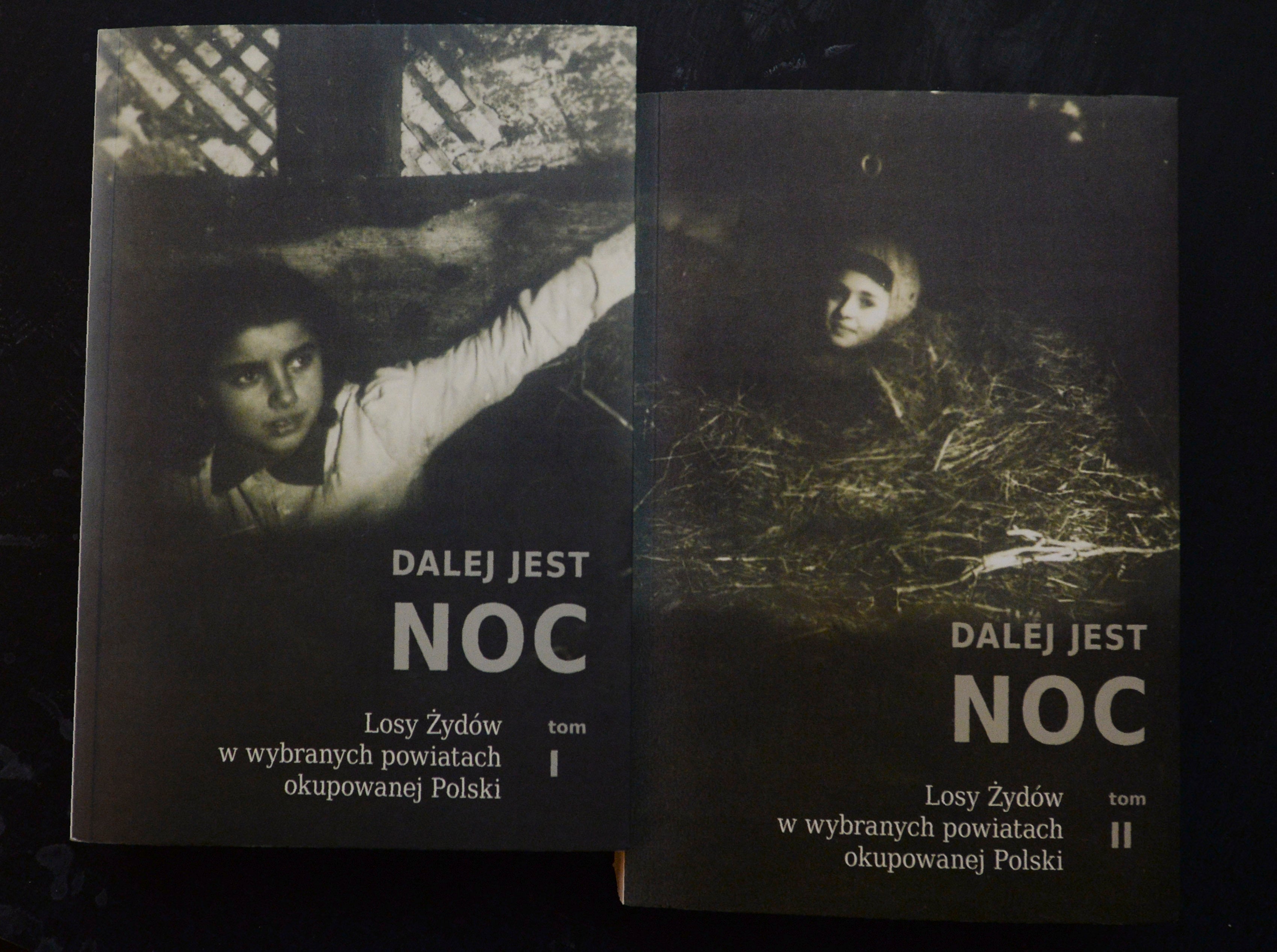Holocaust researchers in Poland win libel case on appeal
An appellate court in Poland has rejected a lawsuit brought against two Holocaust scholars in a case that has been closely watched

Your support helps us to tell the story
From reproductive rights to climate change to Big Tech, The Independent is on the ground when the story is developing. Whether it's investigating the financials of Elon Musk's pro-Trump PAC or producing our latest documentary, 'The A Word', which shines a light on the American women fighting for reproductive rights, we know how important it is to parse out the facts from the messaging.
At such a critical moment in US history, we need reporters on the ground. Your donation allows us to keep sending journalists to speak to both sides of the story.
The Independent is trusted by Americans across the entire political spectrum. And unlike many other quality news outlets, we choose not to lock Americans out of our reporting and analysis with paywalls. We believe quality journalism should be available to everyone, paid for by those who can afford it.
Your support makes all the difference.An appellate court in Poland on Monday rejected a lawsuit brought against two Holocaust scholars in a case that has been closely watched because it was expected to serve as a precedent for research into the highly sensitive area of Polish behavior toward Jews during World War II.
Poland is governed by a nationalist conservative party that has sought to promote remembrance of Polish heroism and suffering during the wartime German occupation of the country. The party believes that discussions of Polish wrongdoing distort the historical picture and are unfair to Poles.
The Appellate Court of Warsaw argued in its explanation that it believed that scholarly research should not be judged by courts. But it appeared not to be the end: a lawyer for the plaintiff said Monday that she would appeal Monday's ruling to the Supreme Court
The ruling was welcomed by the two researchers, Jan Grabowski and Barbara Engelking, who declared it a “great victory” in a Facebook post.
“We greet the verdict with great joy and satisfaction all the more, that this decision has a direct impact on all Polish scholars, and especially on historians of the Holocaust,” they said.
Monday's ruling comes half a year after a lower court ordered the two researchers to apologize to a woman who claimed that her deceased uncle had been defamed in a historical work they edited and partially wrote, “Night Without End: The Fate of Jews in Selected Counties of Occupied Poland.”
Lawyers for the niece, 81-year-old Filomena Leszczynska, argued that her uncle was a Polish hero who had saved Jews, and that the scholars had harmed her good name and that of her family by suggesting the uncle was also involved in the killing of Jews.
The plaintiffs’ lawyer, Monika Brzozowska-Pasieka, said in an emailed statement to The Associated Press that Leszczynska was “astonished” by the judgement and intends to file an appeal to the Polish Supreme Court.
Brzozowska-Pasieka stressed that Leszczynska thinks that the depiction of her uncle in the book was defamatory and that the historians "failed to conduct their research with due diligence.”
“We want to emphasize that the right to academic freedom, including the right to carry out historical research and publish its results, is subject to legal protection (but) this protection does not cover statements that do not pass the test of reliability,” the statement said.
Some researchers and others feared that if the researchers were punished, it could have a chilling effect and dissuade young scholars from taking up the sensitive issue of Polish behavior toward the Jews in World War II.
Poland was occupied by Nazi Germany during the war and its population subjected to mass murder and slave labor. Yet amid the more than five years of occupation, there were also some Poles who betrayed Jews to the Germans or took part in their killing, while other Poles risked their lives to save Jews.
The topic of Polish crimes against Jews was taboo during the communist era and new revelations of Polish wrongdoing in recent years have sparked a backlash.
Poland's current ruling Law and Justice party has vowed to fight what it considers unfair depictions of Polish wrongdoing. Many researchers and the Israeli government have accused the Polish government of historical whitewashing.